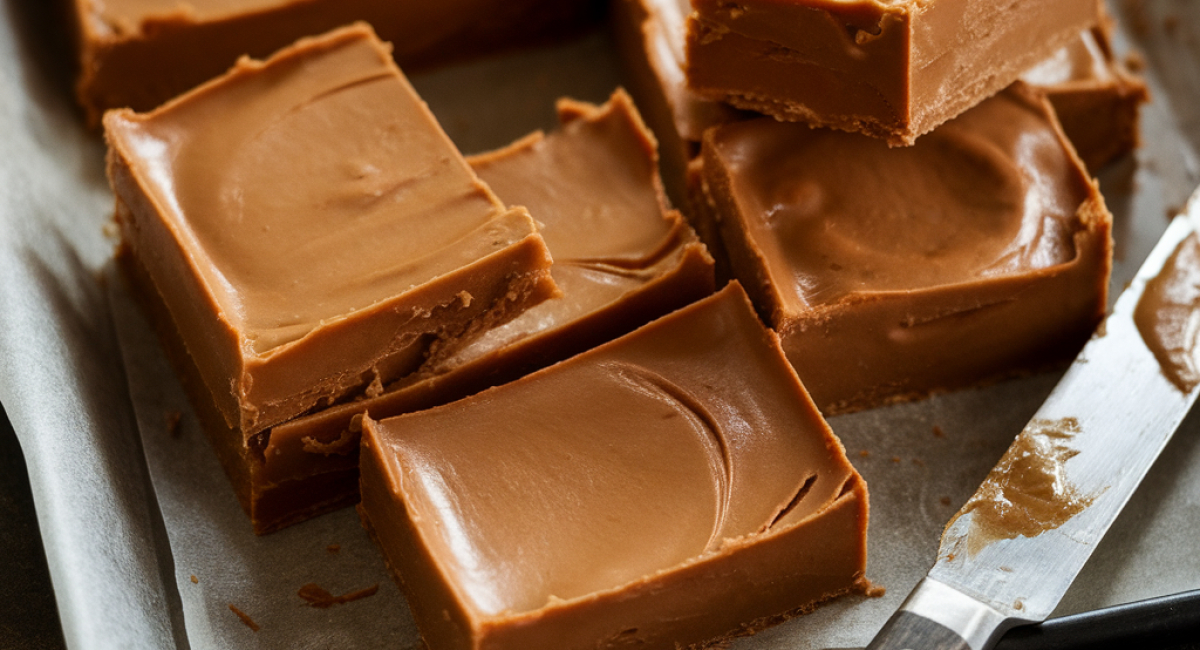Old Fashioned Fudge

Description
There’s something undeniably magical about old-fashioned fudge. This delightful treat is a harmonious blend of sweetness and nostalgia, often evoking memories of family gatherings, holiday celebrations, and cozy afternoons spent in the kitchen. Originating in the United States, fudge has been a beloved confectionery since the late 19th century, and its charm remains timeless. The velvety texture, rich chocolate flavor, and melt-in-your-mouth quality make it a favorite for both young and old. Preparing fudge is a delightful experience, allowing you to connect with tradition while creating something truly special. The process is surprisingly simple, requiring just a few key ingredients and a bit of patience. The satisfaction of cutting into a perfectly set batch and sharing it with loved ones adds to the joy of making this classic treat.
Ingredients
- 2 cups granulated sugar
- 1/2 cup unsweetened cocoa powder
- 1/2 cup milk
- 1/4 cup unsalted butter
- 1 teaspoon vanilla extract
- 1 cup chopped nuts (optional)
- Pinch of salt
Preparation Method
Tips and Conclusion
For a delightful twist on traditional fudge, consider adding flavor variations. You can experiment with different extracts, such as almond or peppermint, to create unique combinations. Another fantastic option is to swirl in some peanut butter or caramel for an unexpected flavor explosion. If you plan to store your fudge, it’s best kept in an airtight container at room temperature for up to two weeks. For longer storage, consider freezing the fudge, wrapped tightly in plastic wrap and then in aluminum foil, where it can last for several months.
Creating old-fashioned fudge is not just about making a sweet treat; it’s about creating memories and sharing joy with those you love. The process, from stirring the mixture to cutting it into squares, is filled with anticipation and excitement. As you savor each rich bite, you’ll be reminded of the warmth of home and the joy of tradition. Don’t hesitate to share this recipe with friends and family, inviting them to create their own batches of fudge. If you enjoyed this recipe, be sure to explore others on our site, such as classic brownies, creamy caramel, or even decadent chocolate truffles. Your journey through the world of sweets is just beginning, and there’s so much more to discover!







